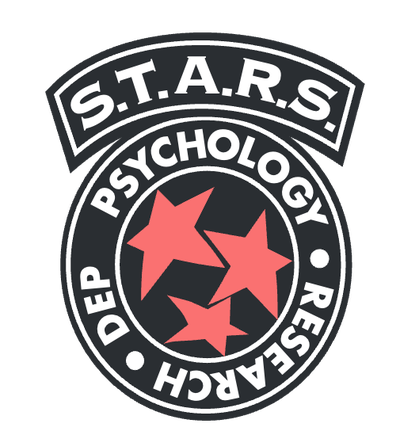✨Prospective PhD Students✨
👋 Initial Contact
Please send me an email with your CV and a concise description of your academic background, research experience, and specific interest in our work. I’m particularly interested in understanding what motivates your pursuit of doctoral studies in this field.
Note: For September entry, please contact Bo during Term 1 (September-December) of the previous year to allow ample time for high-quality proposal development and application preparation, as funding applications usually close by early February.
📋 Selection Process
1. Preliminary Assessment: If I identify a strong potential match between your qualifications and my research area, I’ll invite you to develop a research proposal.
2. Proposal Development: I will provide constructive feedback on your draft, which serves as an opportunity to assess:
- The quality and originality of your research thinking
- Your receptiveness to feedback and guidance
- Our collaborative dynamic
3. Official Application: Candidates with promising proposals will be encouraged to submit a formal application through Lancaster University’s Department of Psychology portal: https://www.lancaster.ac.uk/study/postgraduate/postgraduate-courses/psychology-phd/
💰 Funding Considerations
Given the competitive funding landscape:
-
Eligibility Requirements: Successful candidates typically possess a First Class undergraduate degree and/or a Distinction at Master’s level.
-
Competitive Selection: Even with excellent academic credentials, funding is highly competitive. Shortlisted candidates must demonstrate exceptional potential in both their research proposal and interview to secure financial support.
-
Preparation: Review the funding options available on the department website and indicate in your initial email if you have access to alternative funding sources.
I look forward to hearing from ambitious, inquisitive, and driven individuals ready to make significant contributions to our research.
Current UG students?
👉 Join S.T.A.R.S.
Systematic Training for Achieving Research Success
We seek passionate and driven undergraduate students (year 1 and 2) who are committed to forging a future in academic and research careers. If you're ready to elevate your skills and make a meaningful impact in the world, then our S.T.A.R.S. family is the perfect launchpad for your aspirations!
You will step into S.T.A.R.S. as a Scout, and progress to become a Trainee, an Apprentice, a Researcher and a Specialist, each rank leveling up your research skills, deepening your scientific understanding, and developing your personal qualities.
We recruit new members biannually at the start of Term 1 and Term 2 via the Psychology Employability Programme (PEP). So, ready to shoot for the stars (*coughs*)? Join us, as we navigate through this exciting journey of research, learning, and growth. After all, with S.T.A.R.S, the sky isn't the limit!

How S.T.A.R.S. Works
There are five ranks in S.T.A.R.S.: Scout, Trainee, Apprentice, Researcher, Specialist. You start off as a Scout and progress to higher ranks by completing a set of milestones (unfold to see):
1. Scout - just starting your journey in research
2. Trainee - gaining foundational knowledge and starting to apply it under supervision
- Participate and contribute in 5 more STARS research meetings
- Demonstrate your understanding of an onging research project by writing a literature review, and revise it based on feedback
- Take training in advanced research methods (e.g., eye tracking, EEG) and assist with ≥30 hours of research activity using that method
- Present a full analysis of the data using both descriptive and inferential statistics
- Write up a summary of the research findings
3. Apprentice - actively contributing and starting to develop independent projects
- Participate and contribute in 5 more STARS research meetings and lead at least 1 of the meetings
- Take training in experimental programming (e.g.,OpenSesame/PsychoPy)
- Prepare a a research proposal for your own independent project
- Collect a complete data sample to deliver the proposed project
- Apply advanced statistics to your data (e.g., generalised linear mixed models) and present the results
- Present research findings at a conference
- Author a research paper in a peer-reviewed journal
4. Researcher - fully independent to run research projects
- Independently lead a research project
- Acquire specialised knowledge or skills and first-author a research paper using this expertise
- Take on a leadership role in the lab
- Apply for research funding
- Recruit and train new STARS members independently
5. Specialist - achieved expertise in specialised research areas and/or methods
- Lead the lab's research efforts
- Train and mentor junior members
- Continuously enhance your expertise and make meaningful contributions to the field through pioneering research
- Actively engage in academic discourse